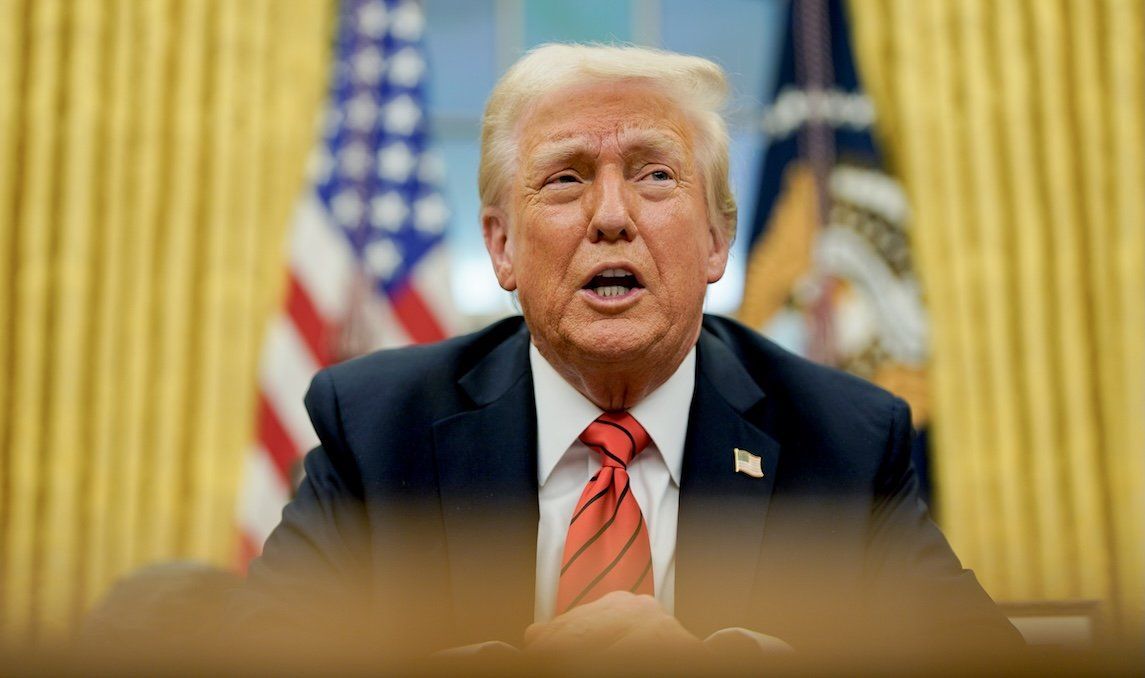US inflation rose to 3% in January, surpassing the expectations of many economists. This increase is driven at least in part by a sharp jump in egg prices, the result of an avian flu outbreak. But there may be other pressures at play that can create serious political challenges for President Donald Trump and two of his policy priorities.
Eurasia Group, our parent company, warned in its Top Risks report for 2025 that Trump’s use of tariffs would put upward pressure on the prices Americans pay for goods and services. When US consumers face fewer affordable options on many goods, the report warned, inflation will rise again, leaving interest rates higher and slowing growth.
But Trump’s immigration policy, which could deport up to 1 million people in 2025 and as many as five million over his four-year term, could be even more inflationary. Mass deportations, the report warns, “will shrink the US workforce, drive up wages and consumer prices, and reduce the productive capacity of the economy.”
If this forecast is correct, investors will put downward pressure on stock market performance in the coming months in anticipation that higher inflation will encourage the US Federal Reserve Bank to leave interest rates higher for longer — and perhaps even to raise rates late in 2025.
History shows that when inflation rises, stock prices fall, and interest rates are high, US presidents see a drop in their approval ratings. If the inflationary pressures reflected in January’s inflation numbers have staying power, and tariffs and deportations really do make inflation much worse and send Trump’s approval numbers south, will the president alter policy course on two of his signature campaign promises? That’s a question that will be watched closely by governments around the world.
